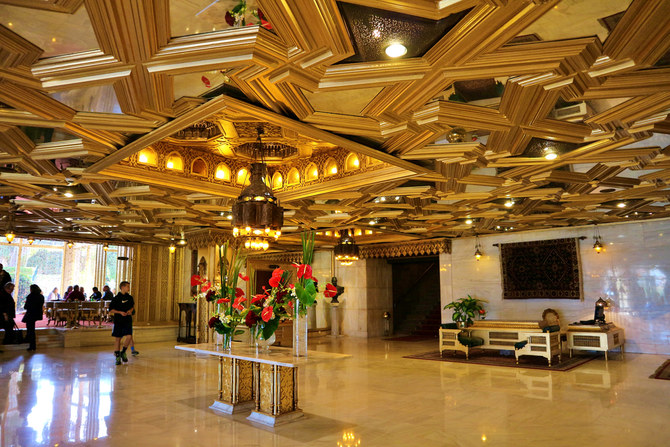CAIRO: Egypt’s sovereign wealth fund has signed an $800 million deal to sell a stake in seven prominent hotels to the country’s Talaat Moustafa Group in its drive to raise funds and foreign currency, Prime Minister Mostafa Madbouly has announced, according to Reuters.
Revenues from selling stakes in state assets have reached $5.6 billion so far, said Madbouly, whose government is grappling with a long-running shortage of foreign currency and a rising debt burden. He provided no breakdown of the revenues.
The stake sales, which some expect to accelerate after a presidential election earlier this month, are seen as crucial to Egypt’s chances of easing prolonged pressure on the Egyptian pound, attracting badly needed dollars, and launching economic reforms under an International Monetary Fund loan program.
The program to offload assets has stumbled in the past, and the state and military retain a dominant position in the economy.
Under the deal for the portfolio of hotels, TMG acquired a 39 percent stake with the right to raise the share to 51 percent, the cabinet said in a statement.
Hisham Talaat Mostafa, CEO of TMG, told Reuters that other, international investors would increase the capital of the TMG holding company. “We are going to present that on the closing of the deal with all the details. It will take like another two or three weeks to have these details.”
Under the deal, an international investor will buy a minority $882.5 million stake in TMG’s hospitality company ICON, which in turn is buying the $800 million stake in the state-owned group that owns the seven hotels, according to a TMG press release.
The hotels, among Egypt’s grandest, include the Cataract in Aswan, the Winter Palace in Luxor, the Mena House in Cairo and the Cecil in Alexandria, all built in the late 19th or early 20th centuries.
The government, along with the International Finance Corporation, has conducted preliminary studies on the divestment of 50 companies, with priority given to specific sectors such as airports and telecommunications.
A $3 billion financial package reached with the IMF a year ago faltered after Egypt failed to let its currency float freely or make progress on the sale of state assets. The IMF has delayed disbursements of about $700 million due in 2023.
Yet the IMF this month said it was in talks to expand the package due to economic risk from the Israel-Hamas conflict, and has appeared to shift its emphasis from the exchange rate to inflation targeting.
“Talks with the IMF have not stopped,” Madbouly said, adding that they are working on a new timeline that would be announced soon.



















